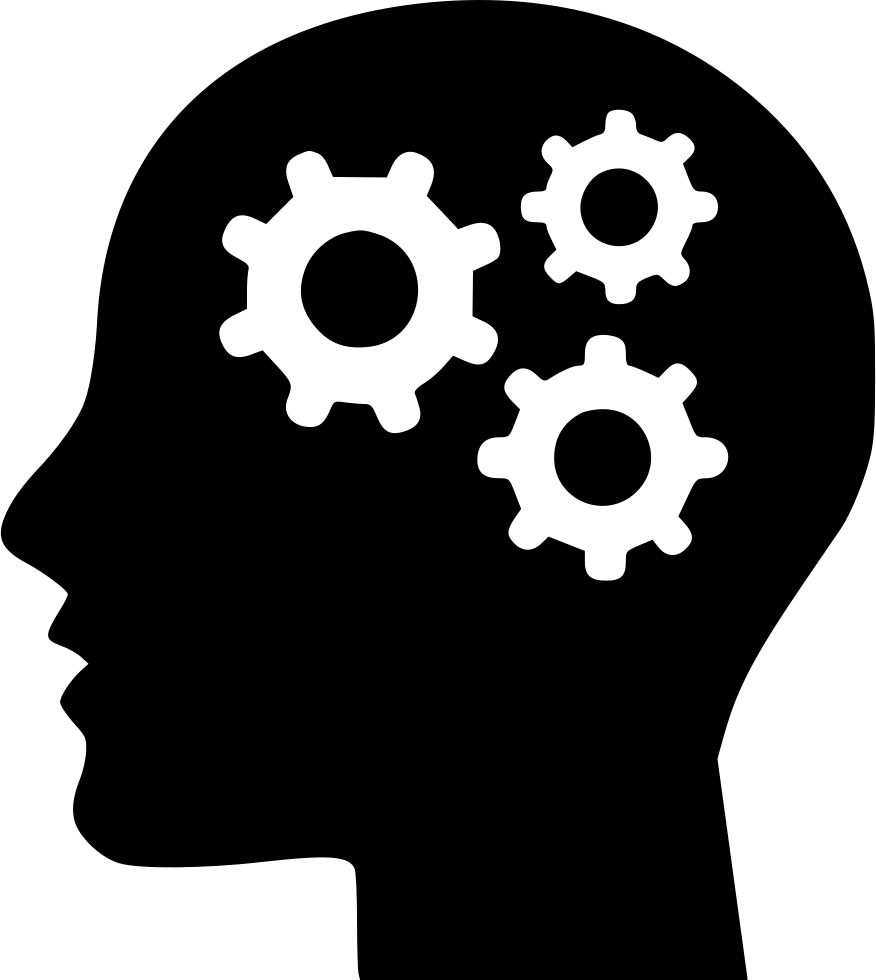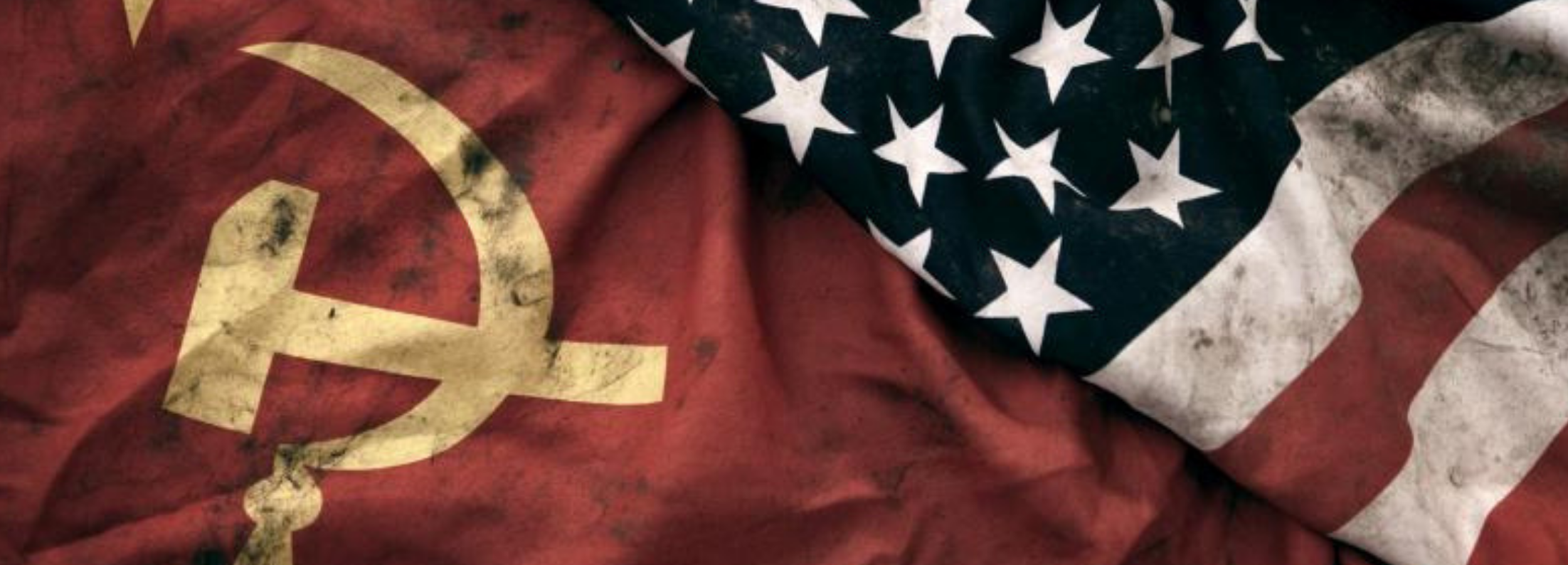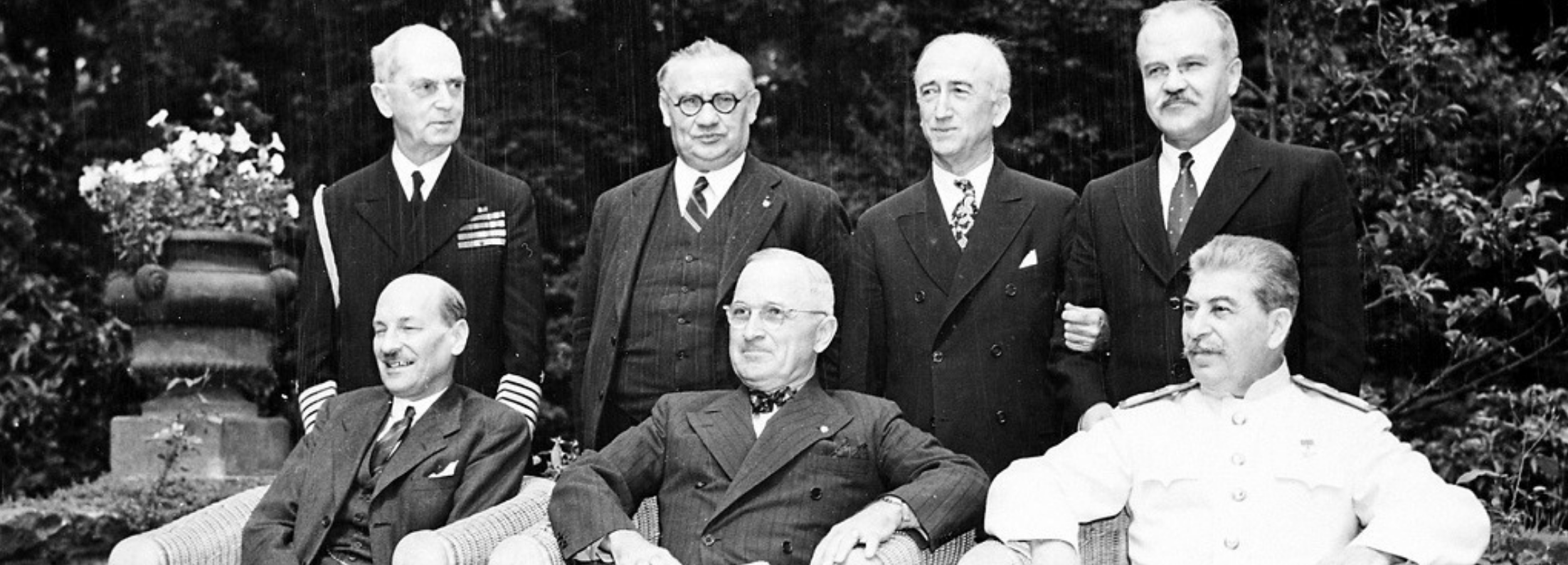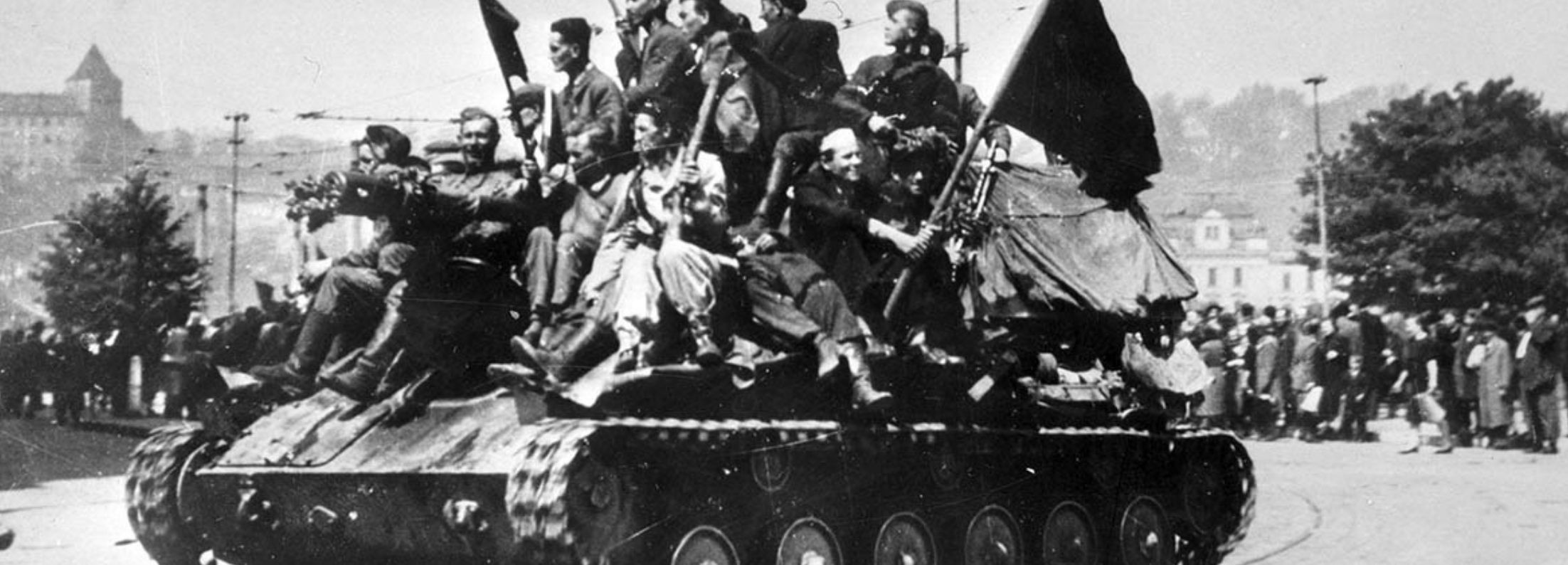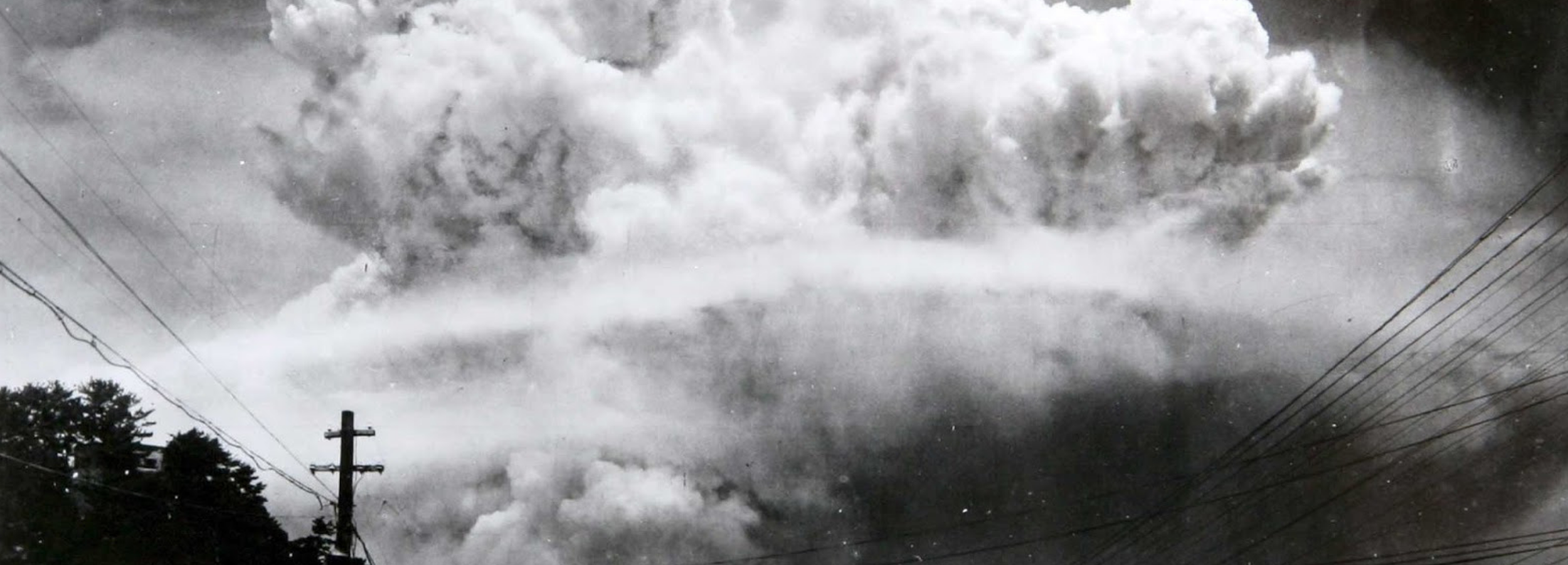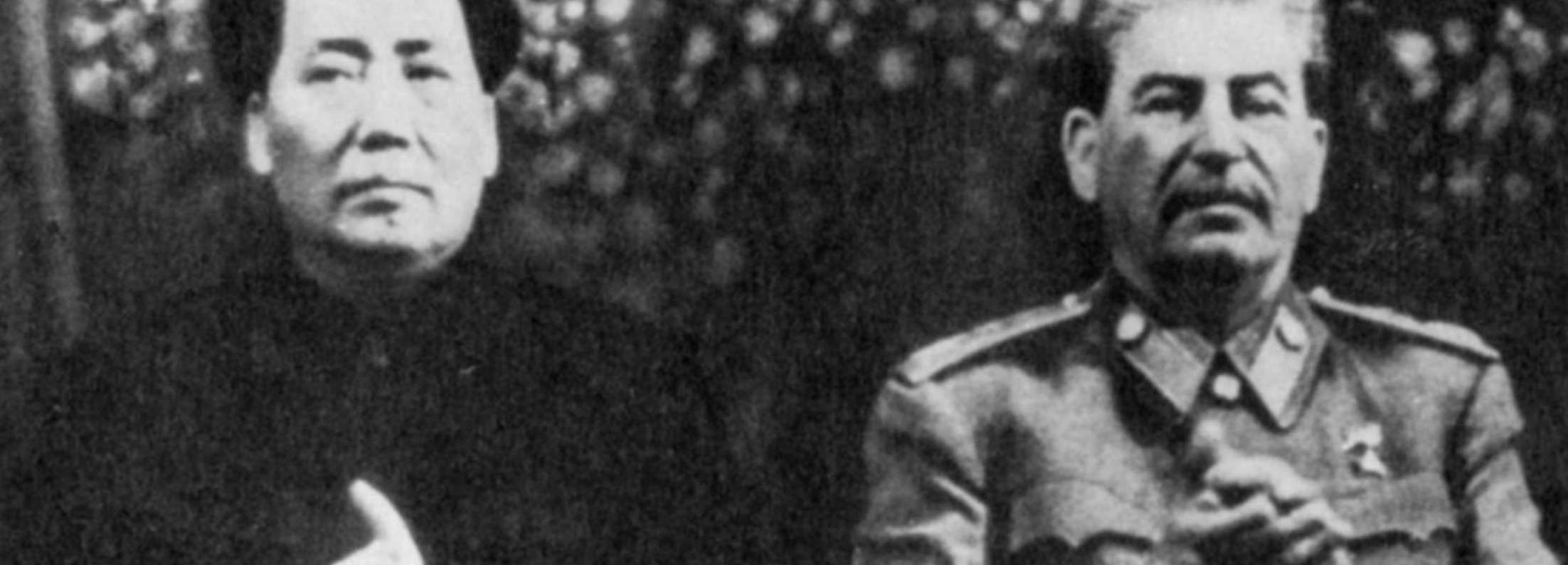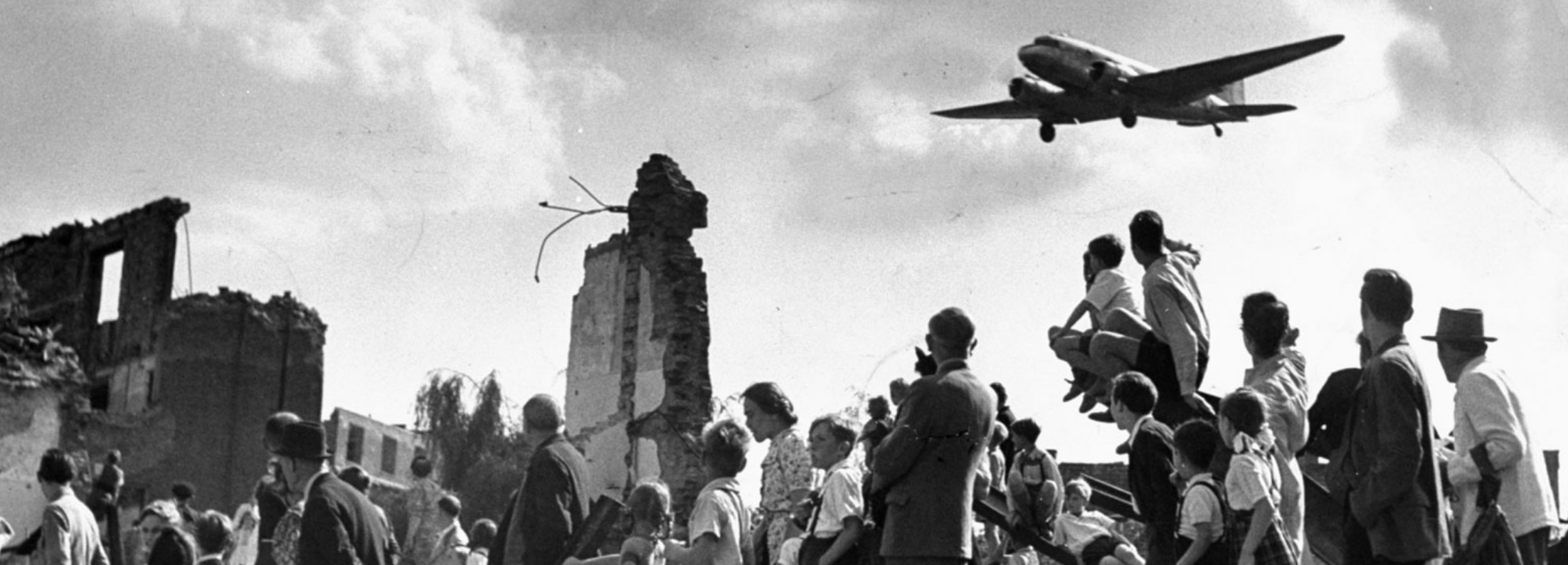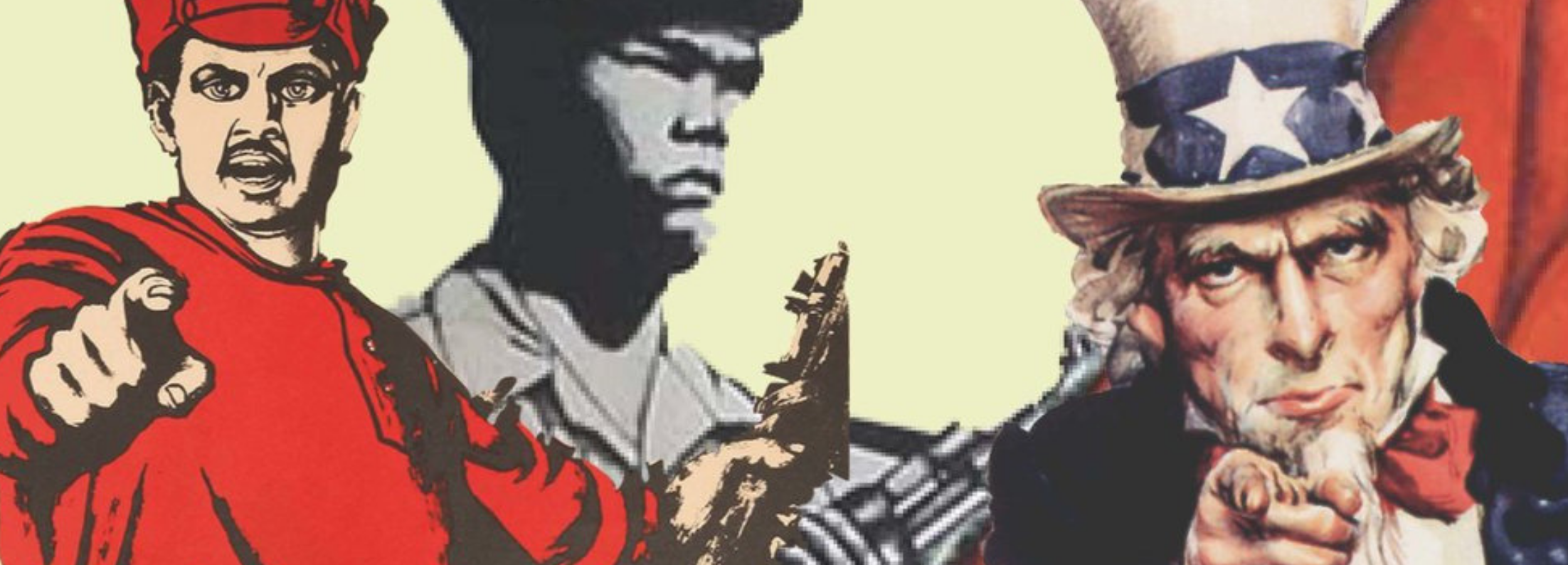Unit Outline
At its heart, the Cold War could be considered a conflict of ideas between two rival social, political and economic systems. As an ideology calling explicitly for revolution of the capitalist system, it's easy to see how conflict could emerge. But despite this, both the US and USSR ended up being allies against the fascist powers during the Second World War. How ideology brought these strange allies together, and how it would conspire to tear them apart, explains much about the causes of the Cold War.
Yet some have argued that despite ideological challenges, the Cold War was by no means inevitable. At the close of the Second World War, both superpowers were confronted with a power vacuum in both Europe and Asia. The Axis powers had been defeated and the colonial empires of Britain, France and the Netherlands looked on their last legs. The way in which decisions were taken over how to deal with this situation would also play a part in the worsening relationship between the superpowers. To what extent ideology helped to define common interests and relationships, as well as perceptions of security and threat would shape the evolution of the Cold War.
The breakdown of the Grand Alliance thus provides an excellent case study in which to introduce students to the historical concept of causation and to examine the statement of inquiry for this unit which is:
Yet some have argued that despite ideological challenges, the Cold War was by no means inevitable. At the close of the Second World War, both superpowers were confronted with a power vacuum in both Europe and Asia. The Axis powers had been defeated and the colonial empires of Britain, France and the Netherlands looked on their last legs. The way in which decisions were taken over how to deal with this situation would also play a part in the worsening relationship between the superpowers. To what extent ideology helped to define common interests and relationships, as well as perceptions of security and threat would shape the evolution of the Cold War.
The breakdown of the Grand Alliance thus provides an excellent case study in which to introduce students to the historical concept of causation and to examine the statement of inquiry for this unit which is:
|
STATEMENT OF INQUIRY
Common ideologies and interests can help to form relationships, or if absent, cause them to break them apart
GLOBAL CONTEXT
Identities and Relationships (Competition and cooperation; teams, affiliation and leadership) - Students will explore identity; beliefs and values; personal, physical, mental, social and spiritual health; human relationships including families, friends, communities and cultures; what it means to be human.
KEY HISTORY CONCEPT
Causation - Effective historical thinkers recognize that many claims made about the past seek to more thoroughly explain and understand how a certain set of circumstances originated. Deep historical understanding is demonstrated where students recognize that most historical events are caused by an interplay of diverse and multiple causes that require students to make evidence-based judgments about which causes were more important or significant, or which causes were within the scope of individuals to direct and which were not.
RELATED HISTORY CONCEPT(S)
Ideology - An ideology is a system of ideas and ideals, which can form the basis of political or economic theories, policies and actions. Ideologies usually encompass systematic arrangements of premises and assertions that are used to interpret the world and make normative assertions about how it should be organized. Ideologies can evolve and change over time in order to meet the needs of a group of people or a society. Ideologies can be derived from the place and space in which a group of people or a society is located. Ideologies can evolve into political, economic or social systems and these systems can impact humans in a variety of ways. For example, through the definition of certain rights and responsibilities.
|

